A parliamentary group is formed of the members of the parliament representing the same party. In other words, the parliamentary group and party organisation are not one and the same, although they often seem so in the eyes of the public. Their operations are guided by different legislation.
Parties and parliamentary groups have clearly converged in all the Nordic countries. One reason is the accelerating rhythm of day-to-day politics. Parties are slow to form positions, which means that the parliamentary group consisting of the Members of the Parliament (MPs) gain significant power and visibility within the party.
Sitra’s motive to review the relationships between the parliaments, parliamentary groups and parties as well as the support services used by them is related to the objective to strengthen the capacity of democratic decision-making. Support services refer, for example, to information services and support for preparatory work.
Sitra’s previous reports have shown that the official process of democratic decision-making in Finland is well supported with the support services and the related roles and division of tasks are rather clear. Instead, the situation in the political process of decision-making, in which the parliamentary groups take stands and prepare initiatives, is different. Ambiguities are often related to the use of services, resources and division of tasks.
In other words, the analysis of the topic is associated with the quality and capability of democratic decision-making. Securing the functioning of the decision-making system in the current world situation has become even more significant, while the pandemic and radical change in the security environment have shaken the world over the past few years.
At best, Sitra’s comparison can help solve the ambiguities related to the roles in the political process, division of tasks and support the development work.
What does the Nordic comparison tell us?
The roles and relationships between the parties and parliamentary groups are not always clear. For example, there is no specific law regulating the relationship between the parties and parliamentary groups in any of the Nordic countries. Instead, the relationship is based on the rules of the parties and groups. This creates significant differences between the operations of parties and parliamentary groups even within the countries, depending on the specific party.
In all the Nordic countries, the Parliament as an institution supports MPs and parliamentary groups with several services. The target group of the services is the MPs in general, but the parliamentary groups are also using these services. The central service consists of assistants, and practices vary between the countries, on whose payroll the assistants are hired.
The principles of financial support are also different in the Nordic countries. In Sweden and Norway, opposition parliamentary groups receive additional support from parliament and, in Iceland, from the Ministry of Finance. In Finland, efforts have been made to support opposition parliamentary groups and MPs by increasing the resourcing and availability of information services.
Sitra publishes the Roles of Parliamentary Groups and Parties in the Nordic Countries report in an invitational event arranged in the Finnish Parliament on Wednesday, 23 March 2022. Representatives of the Parliament management, parliamentary group offices and party offices are invited to the event. The aim of the event is to bring the concerned parties together to discuss the opportunities for joint development work while utilising the examples collected from the Nordic countries.
Download Sitra’s Roles of Parliamentary Groups and Parties in the Nordic Countries report.
The study was conducted and authored by Deloitte Finland from February to June 2021 based on the information gathered from public sources and expert interviews conducted in the countries discussed in the study. The study is part of Sitra’s Reforming the decision-making process project, which aims to accelerate the development of the public decision-making towards silo-free joint action.
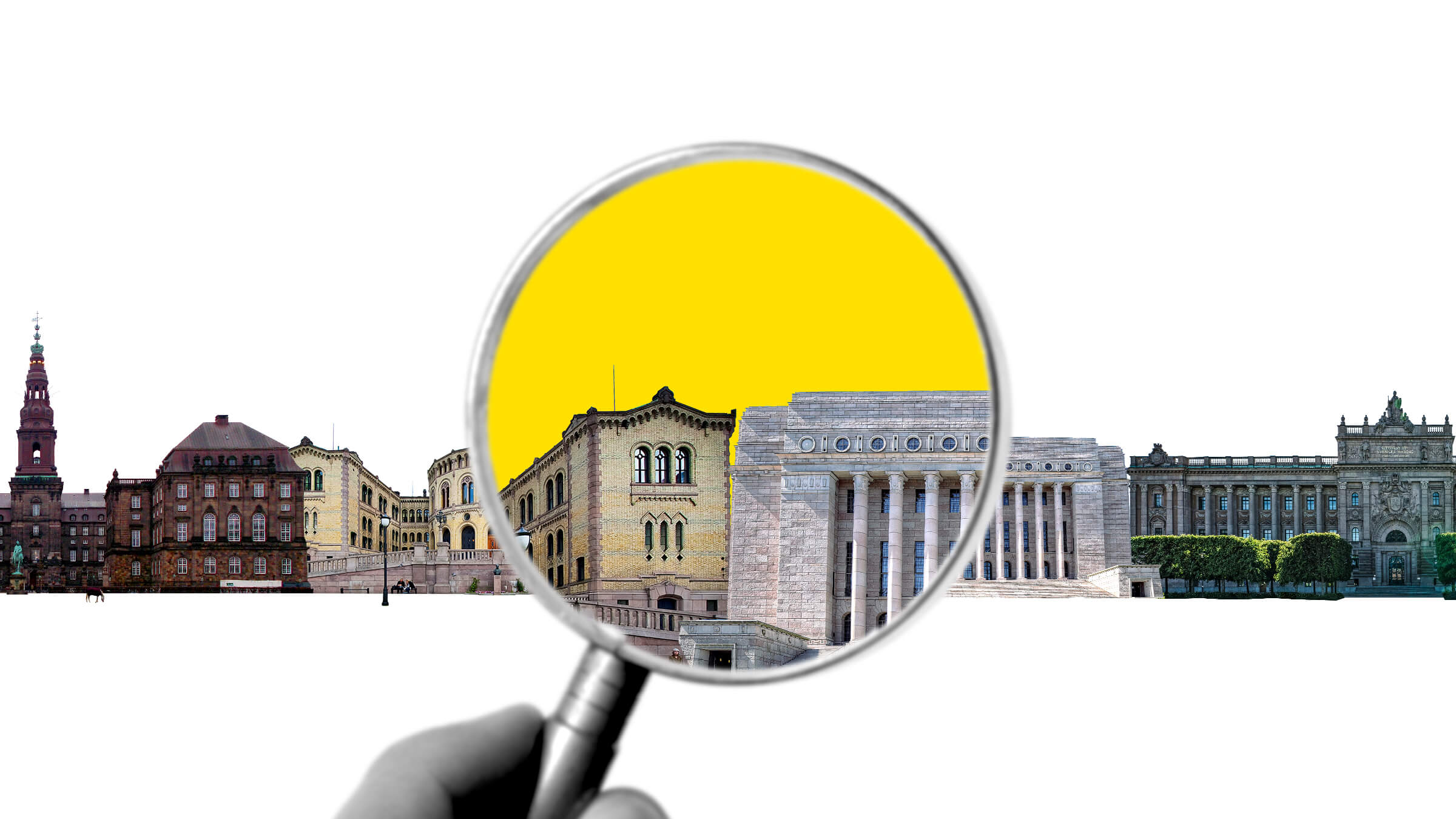

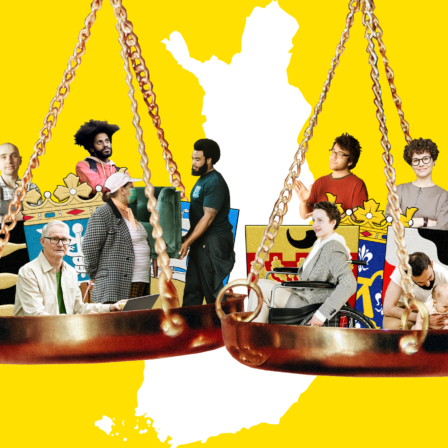



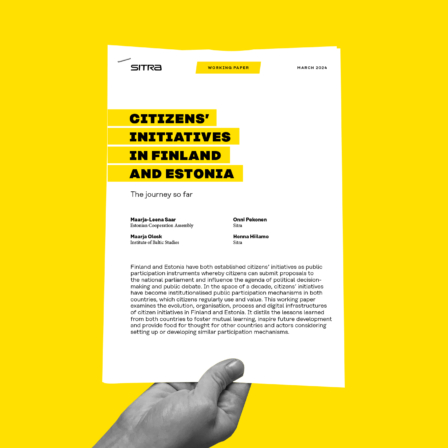
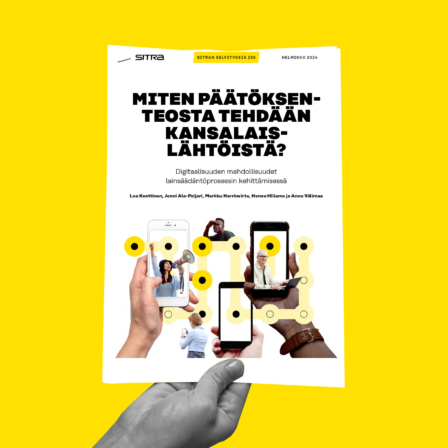


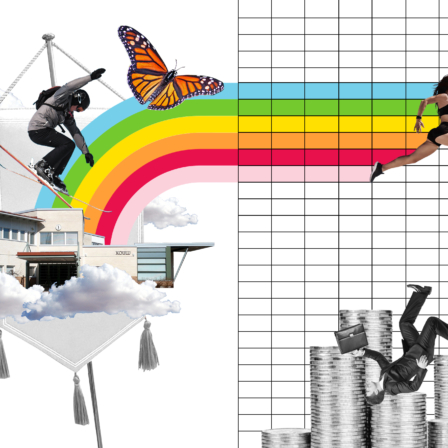




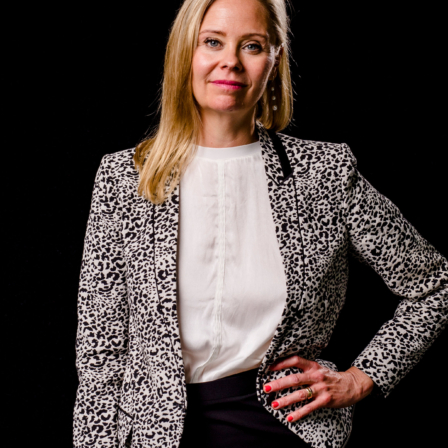


Recommended
Have some more.